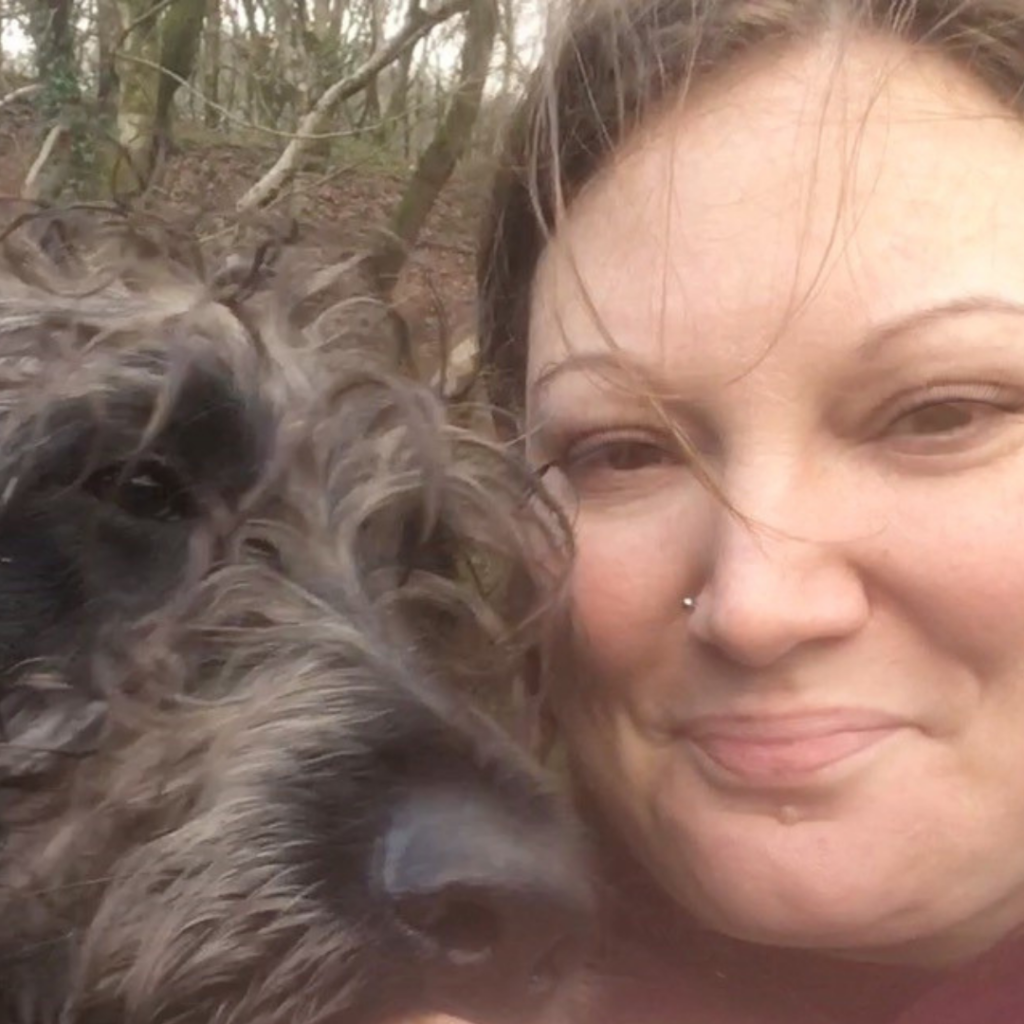Tip Six From the Expert: Being realistic about expectations sets you up for success
From the series 10 Tips on How to Form a Lifelong Bond with your Dog
My absolute top tip when you’re training your young dog – especially when they are going through their teenage phase – is to be realistic about your expectations. It always fascinates me that we expect our dogs to react instantly 100% of the time. How often do you drop what you’re doing and react instantly when your partner calls you? Me? Almost never!
You probably often say “hang on, love” or my favourite “two seconds” (when I mean five minutes!). If Reya finishes what she’s doing (sniffing an exceptionally exciting piece of grass) and comes, I still reward her. Partly because she’s a very young dog and she likes sniffing, partly because if I ignored her, or punished her, she would think twice about coming back next time.
Even if you have to wait 10 minutes, never actively punish a recall or you’re teaching them:
coming back = bad.
Dogs will only associate the reward (or punishment) with the action they were performing immediately beforehand (you have about three seconds) so timing is everything. They won’t understand that you were punishing him/her for not coming back when you asked 10 minutes ago.
If you think there’s a good chance your dog won’t come back on recall because he or she is having loads of fun playing with other dogs, don’t ask them to. Just go and get them and put them on a lead.
What are you asking?
It’s always good to think about what you’re asking before you ask. Given your dog’s age, stage of training and how much they are enjoying themselves, is it reasonable to expect them to come back?
For a youngster (up to two years) chasing a deer, probably not. For a mature dog that knows the reward will be worth it, and is finely tuned to pay attention to your voice then yes, absolutely. However, it really is your job to get them there and the reason you set your dog up for success only asking when you’re confident he or she will respond:
The Nightmare Scenario
Imagine a nightmare scenario beyond your control. For example, a dog appears from nowhere that you know is aggressive and your playful pup takes off to say Hi! You’re worried, so you have to call your dog and hope for the best.
If he or she has always come back to you when you’ve called (because you’ve been careful to set up them up for success), has been heavily rewarded for it and therefore not yet realised that totally ignoring you is an option it is much more likely your dog will listen when you really need them to. If, on the other hand, he regularly hears “Finn, come, Finn, Finn, Finn, come, COME, COME, COME” and carries on what he’s doing he or she will see no reason to listen now.
Two things will also increase your chance of success in an emergency:
- You’re panicking inside, but don’t let this show in your voice. Booming out “Finn come” could make him think you’re cross. Instead call their name loudly, but in a high sing-song voice that suggests ‘there’s something really interesting over here’.
- Use your body language. It goes against our human instinct but to your dog turning and walking away (while using that sing song voice) is the best encouragement. Even better, skip – the chances are he or she will wonder what on earth you’re doing!

So my tip here is if the odds aren’t in your favour, don’t ask. Very rarely is a situation dangerous, it’s more likely to be inconvenient and it’s your job to assess the risk as the ‘parent’. If it’s risky and you don’t think they are ready to come back, don’t let them off.
Silence is golden, use your voice wisely, otherwise all you’re teaching him or her is that your voice is background noise, they don’t have to take any notice of you.
Excellent guidance on teaching a strong recall, written by Gwen Bailey, can be found here.
Tip Seven published next Friday covers understanding each other.

Rachel Leather – Animal Behaviourist
For the last 12 years, Rachel has been helping others understand and manage the behaviour of dogs, cats and horses. After studying Psychology at Cardiff University, she went on to complete her Masters degree in animal behaviour at the University of Exeter. Rachel then ran a degree programme in Applied Animal Behaviour, teaching others the knowledge requirements to become a behaviourist, and set up a referral clinic to enable her students to gain practical experience of behaviour consultations. She enjoyed this so much that, although no longer lecturing, continues to see behaviour cases on referral from vets and runs CPD classes for vets and other professionals.
You can discover more about Rachel’s professional work here.